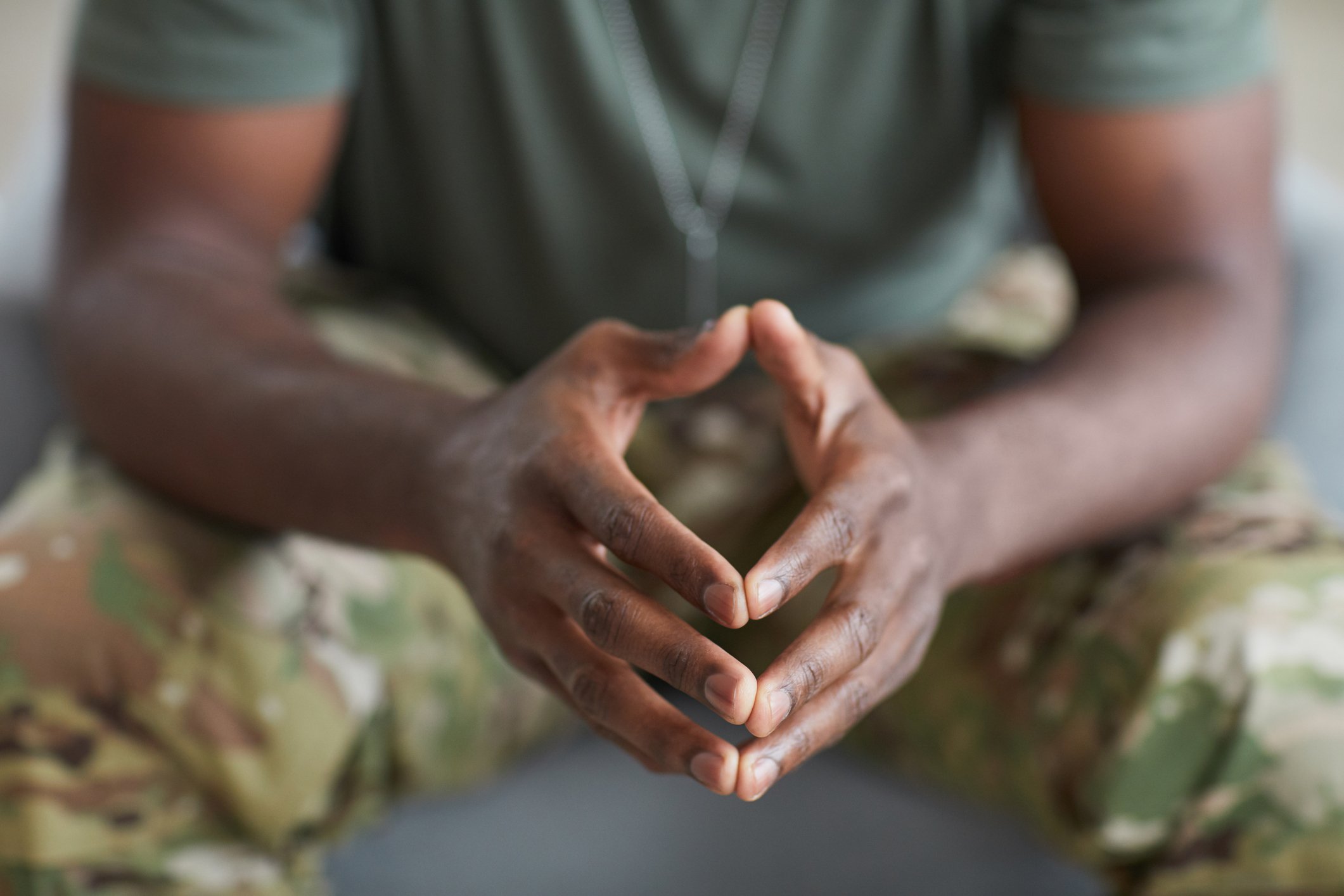The Unseen Battle: How TBI and PTSD Impact Veterans
When we think of war injuries, we often picture physical wounds—broken bones, scars, or amputations. But for many veterans, some of the most life-altering injuries are the ones no one can see. Traumatic Brain Injury (TBI) and Post-Traumatic Stress Disorder (PTSD) are two conditions that frequently overlap, making them difficult to diagnose and treat. Yet, understanding these conditions is crucial for veterans, their loved ones, and the professionals who support them.
What Is Traumatic Brain Injury (TBI)?
A Traumatic Brain Injury (TBI) occurs when a sudden trauma—such as a blast, fall, or direct blow—causes damage to the brain. TBIs can range from mild to severe, but even a mild TBI (mTBI), commonly known as a concussion, can have lasting effects.
Between 2001 and 2014, the U.S. Department of Defense identified over 230,000 veterans with a TBI. Many of these injuries occurred due to blast exposure, a form of trauma that has gained increasing attention due to its unique and often invisible effects on the brain.
The Connection Between TBI and PTSD
In 2019, the U.S. Department of Veterans Affairs (VA) confirmed that many TBI symptoms overlap with PTSD symptoms. Since a TBI results from trauma, it’s no surprise that the two conditions frequently co-exist. Veterans who sustain a TBI are at higher risk for developing PTSD, and vice versa.
Both conditions can lead to significant cognitive, emotional, and physical struggles, making daily life challenging.
Recognizing the Symptoms of TBI and PTSD
Understanding the symptoms of TBI and PTSD can help veterans and their loved ones seek appropriate care. While symptoms can vary, here are some of the most common ones:
Physical Symptoms
Chronic headaches or migraines
Dizziness or loss of balance
Sensitivity to light and noise
Fatigue and sleep disturbances
Blurred or double vision
Cognitive Symptoms
Difficulty concentrating or staying focused
Memory problems
Acting impulsively or struggling with decision-making
Trouble putting thoughts into words
Emotional and Psychological Symptoms
Anxiety and panic attacks
Depression
Mood swings or personality changes
Anger outbursts and irritability
Many of these symptoms can be mistaken for normal stress reactions, leading to misdiagnosis or delayed treatment. However, when left untreated, both TBI and PTSD can significantly affect relationships, employment, and overall quality of life.
The Challenges of Diagnosing TBI and PTSD
One of the biggest hurdles in treating veterans with TBI and PTSD is proper diagnosis. Many symptoms are invisible and subjective, which can lead to skepticism from others, including medical professionals, employers, and even family members.
Additionally, because TBI and PTSD frequently co-occur, symptoms often blend together, making it difficult to determine whether cognitive and emotional difficulties stem from brain damage, psychological trauma, or both.
To address this, the VA has developed TBI screening tools to help identify potential injuries. These screenings don’t provide a definitive diagnosis but serve as an important first step in recognizing when further assessment is needed.
Effective Treatment Options for TBI and PTSD
The good news is that treatment options are available for both TBI and PTSD. Veterans experiencing these conditions don’t have to suffer in silence—recovery is possible with the right support.
Rest and Recovery
Allowing time for the brain to heal
Avoiding alcohol and recreational drugs
Gradually resuming responsibilities at a manageable pace
Trauma-Informed Therapy Approaches
The VA has found that many PTSD treatments are also effective for veterans with TBI. At White Rock Therapy, we specialize in trauma-focused therapies that support healing, including:
Eye Movement Desensitization and Reprocessing (EMDR): Helps the brain process traumatic memories in a less distressing way.
Internal Family Systems (IFS): Encourages self-compassion and healing by exploring different parts of oneself.
Polyvagal Therapy: Focuses on regulating the nervous system to reduce anxiety and emotional reactivity.
Mindfulness-Based Therapy: Enhances emotional regulation and present-moment awareness.
Supportive Lifestyle Adjustments
Engaging in regular physical activity
Practicing mindfulness and meditation
Building a strong support system with family, friends, and fellow veterans
The Importance of Seeking Help
Many veterans struggle with seeking help due to stigma, feelings of shame, or a belief that they should “tough it out.” But mental and emotional wounds deserve as much attention as physical ones.
If you or a loved one are experiencing symptoms of TBI or PTSD, it’s essential to reach out for professional support. At White Rock Therapy, we understand the complexities of trauma and brain injuries, and we are here to help you navigate your recovery journey.
FAQs About TBI and PTSD in Veterans
1. Can you have PTSD without a TBI?
Yes. PTSD can occur without a TBI, though they often co-exist in veterans due to combat-related trauma.
2. Can TBI symptoms get worse over time?
Yes, especially if left untreated. Cognitive and emotional difficulties may become more pronounced if proper care isn’t received.
3. How can family members support a veteran with TBI and PTSD?
Providing emotional support, encouraging treatment, and learning about these conditions can make a significant difference.
4. Is it possible to fully recover from TBI and PTSD?
While some symptoms may persist, many veterans experience significant improvement with proper treatment and support.
Final Thoughts: You Are Not Alone
TBI and PTSD are often called the invisible wounds of war, but that doesn’t mean they have to go unnoticed or untreated. If you or someone you love is struggling, reach out for support. Healing is possible, and you don’t have to do it alone.
At White Rock Therapy, we are committed to helping veterans navigate their journey to recovery. Learn more information about TBI and PTSD for veterans and access some helpful resources; and if you're ready to take the next step, contact us today.



